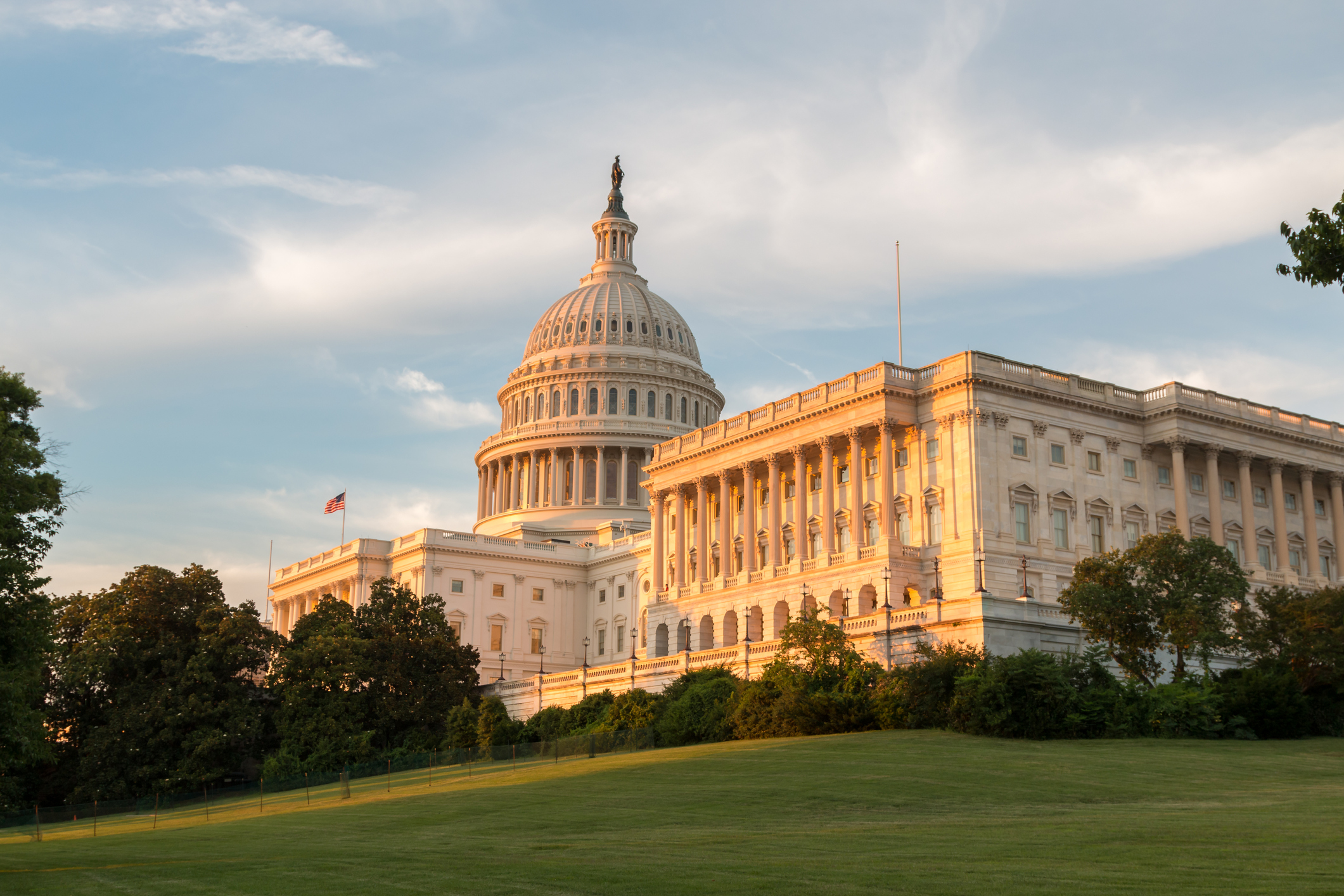
The government may need to rely on secrecy, not transparency, to overcome the national deficit problem.
Despite the Obama Administration’s emphasis on governmental transparency, the Administration may need to rely on secrecy to help it solve one of the most challenging governance problems facing the United States: its national budget deficit.
On February 18, President Obama signed an executive order creating the National Commission on Fiscal Responsibility and Reform. Obama’s executive decision came after Congress rejected a proposal to create a similar bipartisan commission through legislation.
Is the Deficit Commission another recipe for futility in governance? Not only is the Commission authorized merely to issue recommendations, but its composition locks in the partisan gridlock that keeps the Congress from itself making meaningful budget changes to bring down the deficit.
The executive order states that the Commission will have eighteen members: six chosen by President Obama; six by the House; and six by the Senate. Twelve of its members must be sitting members of Congress.
The executive order calls for the Commission to be bipartisan. President Obama has selected as co-chairs Erskine Bowles, former Chief of Staff to President Clinton, and Alan Simpson, a former Republican Senator.
House Republicans and Democrats select three members each from their respective caucuses; the Senate Republicans and Democrats also pick three each. In total, the eighteen-member commission will have at least eight Republicans.
President Obama has said that the Commission is “structured in such a way as to rise above partisanship.” And that it will have to do if it is to accomplish anything.
But how likely is that? Republicans will have a greater representation on the Commission (45%) than they have in either the House or the Senate (41%). If the Commission were the U.S. Senate, four more Democratic senators would be replaced by Republicans (over and above Massachusetts Republican Scott Brown).
The Commission is not only more evenly divided along party lines than either the House or the Senate, but the executive order states that any recommendations must be approved by 14 out of the 18 Commission members. If this were applied in the Senate, the number of votes needed to overcome a filibuster would increase from 60 to 77!
The Commission’s decision rule may lead it to suffer from what Cary Coglianese, Director of the Penn Program on Regulation, has called the “pathologies of consensus.” That is, the Commission may result only in “unrealistic expectations, increased time and resources, lowest common denominators, imprecision, and a focus on tractability over importance.”
How will the new Commission be anything but “one of those Washington gimmicks that lets us pretend we solved a problem” – precisely what President Obama wanted to avoid, as he said in his State of the Union Address?
The Commission’s one possible salvation might come from its ability to convene secret deliberations, out of the usual media glare that can exacerbate partisan tendencies.
The Obama Administration may be – ironically – banking on some secrecy to solve one of the nation’s most challenging domestic problems. Despite the administration’s overall emphasis on governmental transparency, the executive order establishing the Deficit Commission does not itself say anything about whether the Commission’s deliberations must be open to the public.
Some government commissions are covered by the Government in the Sunshine Act, which requires that all their proceedings are open to the public. But that Act only applies when the majority of a commission’s members have been appointed by the President and confirmed by the Senate. With more of the Deficit Commission’s members appointed by the House and Senate leadership than the President, the Government in Sunshine Act does not apply.
The Federal Advisory Committee Act (FACA) requires meetings of advisory committees to be fully open to the public. Being advisory, the Deficit Commission would fall under FACA, which applies to “any … commission … which is … established or utilized by the President … in the interest of obtaining advice or recommendations for the President.”
However, as with other executive orders, the order establishing the Deficit Commission states that it “does not … create any right or benefit, substantive or procedural, enforceable at law or in equity by any party against the United States.” That statement, combined with the fact that (unlike other executive orders issued by Obama) the February 18th order is silent on FACA or transparency in general, raises an intriguing, even if remote, possibility: Is the Administration preparing to claim that FACA will not apply to the Deficit Commission?
House Republican Leader John Boehner raised this question in a March 3rd letter to the Commission’s co-chairs. The administration’s response to date has been, well, obscure.
An unnamed administration source reportedly has suggested that the Commission will make its full meetings open to the public, but perhaps not its subcommittee sessions. When asked directly, and repeatedly, about the openness of the Deficit Commission in a March 4th press conference, Press Secretary Robert Gibbs testily dodged the question, ultimately saying little more definitive than “[w]e certainly support greater transparency.”
Once the Commission is fully formed and begins to plan its work, the issue may well come down to which the administration supports more: tackling the budget deficit or advancing its agenda on governmental transparency?



